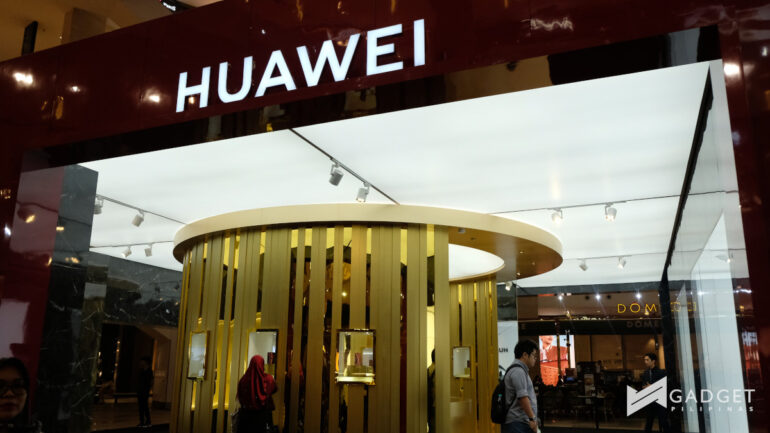Huawei is advancing its position in the artificial intelligence hardware sector with the development of a new high-performance AI processor. The Chinese technology giant is preparing to test its most powerful AI chip to date, named the Ascend 910D, which it hopes will serve as an alternative to high-end products from U.S. semiconductor leader NVIDIA.
Huawei’s New AI Chip
According to reports, Huawei has already initiated discussions with several Chinese technology companies for technical feasibility testing for the new processor. The company is optimistic that this latest iteration of its Ascend AI processor line will surpass the capabilities of NVIDIA’s H100, a chip that has been restricted from the Chinese market since 2022 due to U.S. export controls.
The first samples of the Ascend 910D processor are expected to be available for testing as early as late May. Additionally, Huawei plans to begin mass shipments of its 910C model, a predecessor to the new chip, to Chinese customers as soon as next month.
This development comes amid ongoing efforts by Chinese technology companies to reduce dependence on foreign semiconductor technology, as Washington has implemented measures to restrict China’s access to advanced AI chips. These restrictions which are designed to limit China’s technological advancement in sensitive areas and have prevented Chinese firms from acquiring NVIDIA’s most sophisticated AI products, including the flagship B200 chip.
Huawei and other Chinese chip manufacturers have faced significant challenges in their attempts to create processors that can match the performance of NVIDIA’s products for AI model training, a critical process in which algorithms learn from large datasets to make accurate decisions.
Emman has been writing technical and feature articles since 2010. Prior to this, he became one of the instructors at Asia Pacific College in 2008, and eventually landed a job as Business Analyst and Technical Writer at Integrated Open Source Solutions for almost 3 years.







